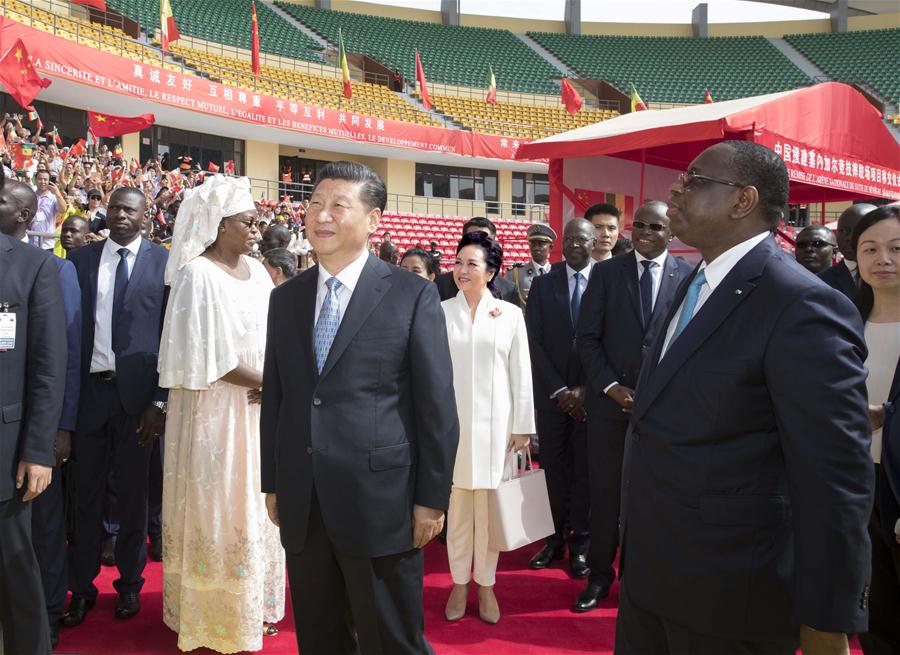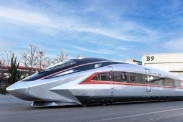President's trip enhanced ties with Africa


During his July 2018 trip, Xi also traveled to four other countries in the Middle East and Africa-the United Arab Emirates, Senegal, South Africa and Mauritius. He witnessed the signing of BRI collaboration documents with the UAE, Senegal and Rwanda.
Meeting Senegal's President Macky Sall on July 21 that year, Xi applauded the fact that Senegal was the first country in West Africa to sign BRI agreements and said he hoped that they would use the opportunity to elevate bilateral collaboration.
China attaches great importance to China-Africa relations and will promote closer ties between the two countries, Xi said.
During his visit to the country, he also attended the handover ceremony of a Chinese-built wrestling stadium in Dakar, the capital. The stadium, which seats 20,000 spectators, was the first modern stadium specifically for wrestling in Africa, and was the biggest Chinese aid project in Senegal.
During the handover ceremony, attended by more than 1,000 people wearing festive costumes, Xi and Sall watched traditional Senegalese wrestling. As Xi presented a key to Sall symbolizing the handover of the project, the packed stadium burst into thunderous applause.
The wrestling stadium illustrates the deep friendship between the Chinese and Senegalese peoples, Xi said, adding that China is willing to work with Senegal to protect and pass on traditional culture and promote cultural exchanges and collaboration between the two countries.
Over the past four years, several infrastructure projects that benefit Senegal's economy and people have been implemented within the BRI framework.
A toll bridge, which connects the cities of Fatick and Foundiougne, opened in March. The 1,600-meter bridge, built by China Railway Seventh Group, is the longest in the country. It has significantly cut the travel time for people living along the Saloum River, and it promotes regional integration.
Throughout Africa, the number of ties between China and the continent has multiplied in recent years, driven by the BRI.Since December 2015, when South Africa became the first country on the continent to sign BRI cooperation documents with China, almost all African countries have joined the initiative.
BRI collaboration has borne much fruit, with a number of landmark projects completed, including the 752-km, transnational Addis Ababa-Djibouti Railway, the 480-km Mombasa-Nairobi Standard Gauge Railway in Kenya and the 536-km No 1 National Highway in the Republic of the Congo.
Dennis Munene, executive director of the China-Africa Center at the Africa Policy Institute in Kenya, said the BRI reflects China's vision of building a community of a shared future for humankind and is "humanity's most ambitious infrastructure project".
The initiative is "a vehicle for achieving infrastructure, policy, trade, financial and people-to-people connectivity to create new drivers of shared development", and it has won recognition throughout the world, including Africa, he said.
The BRI has aligned the continent's vision with its other projects, including the African Union Agenda 2063. In Kenya, China has supported modern infrastructure projects such as railways, expansion of roads, construction of ports, dams, industries, digital connectivity and airports through the BRI, injecting vitality into its economic and development growth, Munene said.























